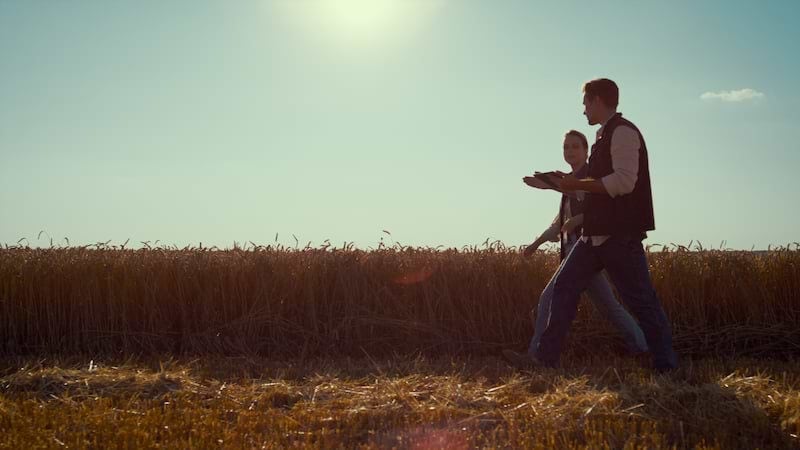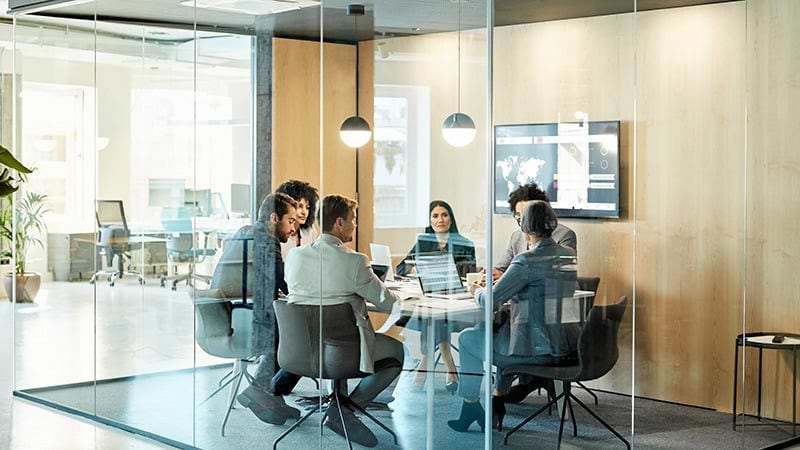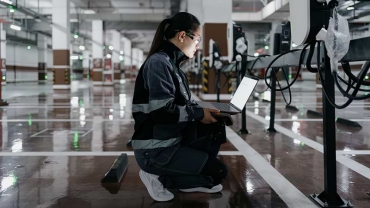

We help solve our clients’ most important problems. Creating and protecting value, now and in the future.
About us
Our five lines of service - Audit, Consulting, Deals, Risk and Tax - bring together a wide range of capabilities. Technology and trust are at the centre of everything we do. Whether that’s investing in high-quality audits or in skills so you can transform, mitigate risk and manage costs, navigate compliance or sustainability, shape your workforce, or find value in a deal or crisis.
We recognise the growing role of our regional footprint in supporting our clients and communities. With 23,000 people across the UK and a global network of over 370,000 in 149 countries, we bring the skills and deep sector expertise you need to work alongside you.
Explore

Purpose, strategy and values
Our purpose defines why we exist. Our strategy is our shared commitment to making our firm the standout choice for clients, stakeholders and talent. Both are underpinned by our values, which set the expectation for how we interact and help build our culture.

Leadership and people
Our leadership and people are at the centre of our impact and success. A culture of innovation and collaboration empowers everyone to be at their best for our clients, stakeholders and each other.

Governance
Good governance is integral to our firm’s culture and the way we operate. We’ve built structures that allow us to manage change, strengthen our offer to clients and demonstrate our purpose.

Our performance
Measuring and reporting on our progress in a transparent way is a principle that underpins our strategy. It also helps us meet the expectations of our clients, stakeholders and people.

Our offices
We have 19 offices supporting our clients across the UK. You can use our interactive map to find your nearest PwC team.

Our history
2024 marked 175 years since Samuel Price set up as a sole trading accountant. This began our journey to becoming a leading professional services firm, with today's diverse 370,000-strong team across 149 countries.
Client experience
Our 19,000+ clients include many of the most significant public, private and third sector organisations - including those in industries at the heart of the UK’s plans for inclusive growth.
From local start-ups to established private businesses. The largest multinationals and vital public service departments. Your reach impacts millions of customers, service users, employees and other stakeholders - across and beyond the UK.
We know that client experience is the result of every interaction you have with us. Of how we listen and understand your needs. The quality and outcomes we deliver.
We’re investing to bring trusted, innovative thinking. To get to the heart of what value means for you, going beyond the expected and upholding the highest standards. We build relationships that last.
"Building on our 175+ year history, our ambition is to be the pre-eminent professional services firm – the people you want by your side when navigating the issues that matter most. With trust and technology at the centre of everything we do, we’re evolving so you can create and protect value - now and for the future."
Awards and accolades
Our firm attracts top talent, including business students and experienced professionals from across the globe. Our investment in our people and commitment to driving our clients to the forefront of their industries makes our firm one of the best places to work, learn, and excel. Here are some of the ways in which we have been awarded and recognised recently:










